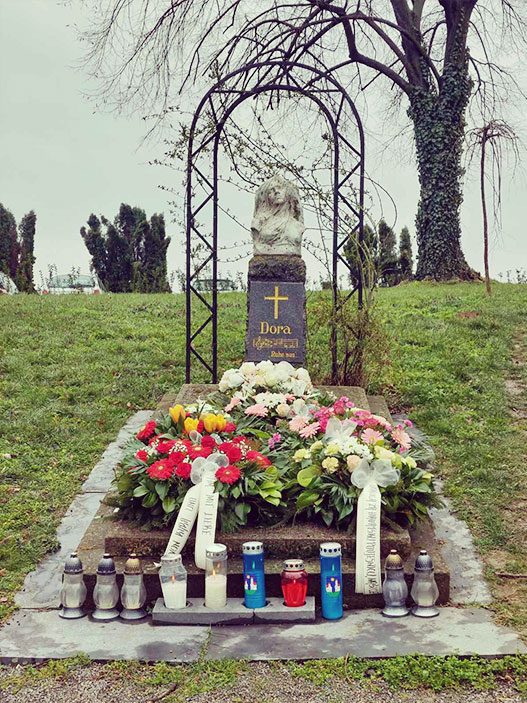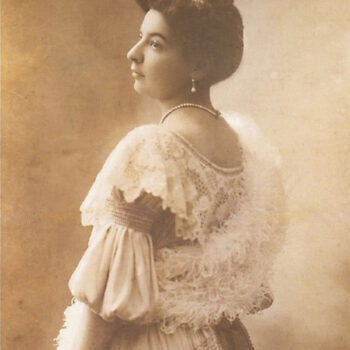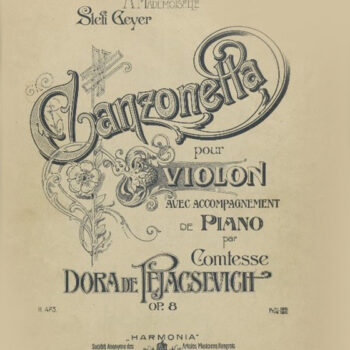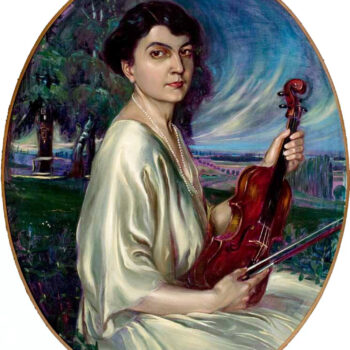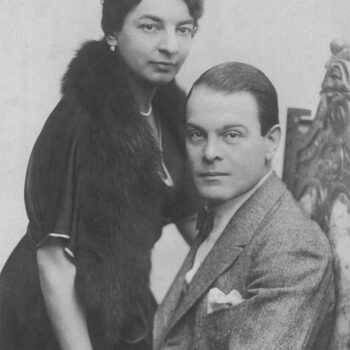A noble lineage that forever binds Croatians and Bulgarians
The Pejačević family, a noble lineage that forever binds Croatians and Bulgarians, has given many notable figures to Croatia’s public, cultural, and political life. These include Jakov (Jacob) Pejačević, a Jesuit theologian and philosopher, professor of theology and rector of Catholic schools in Požega and Zagreb; Franz-Xaver Pejačević, a philosophy professor, Jesuit member, and writer; General Anton III Count Pejačević; and Ladislaus Count Pejačević, the Croatian Ban, and his son Theodor Count Pejačević, also a Croatian Ban. Theodor’s daughter, Dora, was the first female composer in Croatia.
Countess Maria-Theodora (Dora) Pejačević was born in Budapest, Hungary, and grew up in the family estate in Nasice, Croatia. Her mother, a skilled singer, pianist, and painter, organized concerts in the Nasice palace and supported the Croatian Music Institute. Dora began playing piano and violin as a child, composing from 12. Her first music teacher was the renowned Hungarian organist Karol Noseda. When the family moved to Zagreb due to Theodor’s duties, Dora continued her education privately with prominent teachers from the Croatian Music Institute. Her passion for music led her to study further in Dresden and Munich.
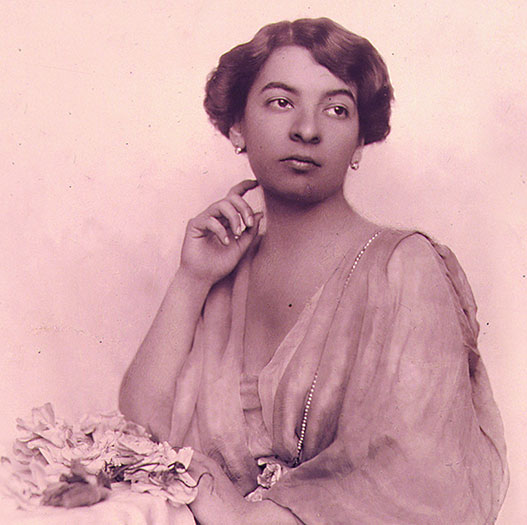
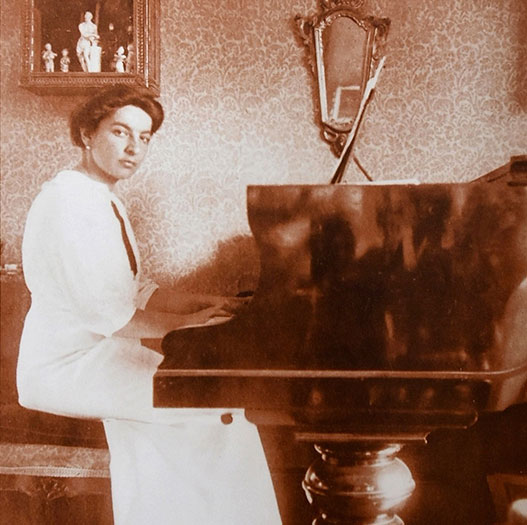
Dora Pejačević left a significant opus of 58 works, mainly in the late romantic style. She introduced orchestral songs to Croatian music, and her notable works include the Piano Quintet in C minor Op. 40, String Quartet in C major Op. 58, and Symphony in F-sharp minor Op. 41. Her compositions were performed internationally by renowned musicians.
A historic performance at the Croatian National Theatre in Zagreb marked the beginning of Dora’s recognition in Croatia. Her compositions were also celebrated at the Croatian Music Institute. Internationally, Dora’s success peaked with the premiere of her Symphony in F-sharp minor Op. 41 in Dresden.
Her rich orchestral colors and late romantic phraseology make her a true child of the European fin de siècle, evolving alongside modernist movements.
After marrying Austrian officer Otomar von Lumbe, Dora lived in Munich. She passed away shortly after giving birth to her son Theo. Her remains were brought back to Croatian soil, with a ceremony featuring her composed Trauermarsch.
* Photos from the Našice Local History Museum were used to illustrate the article.
